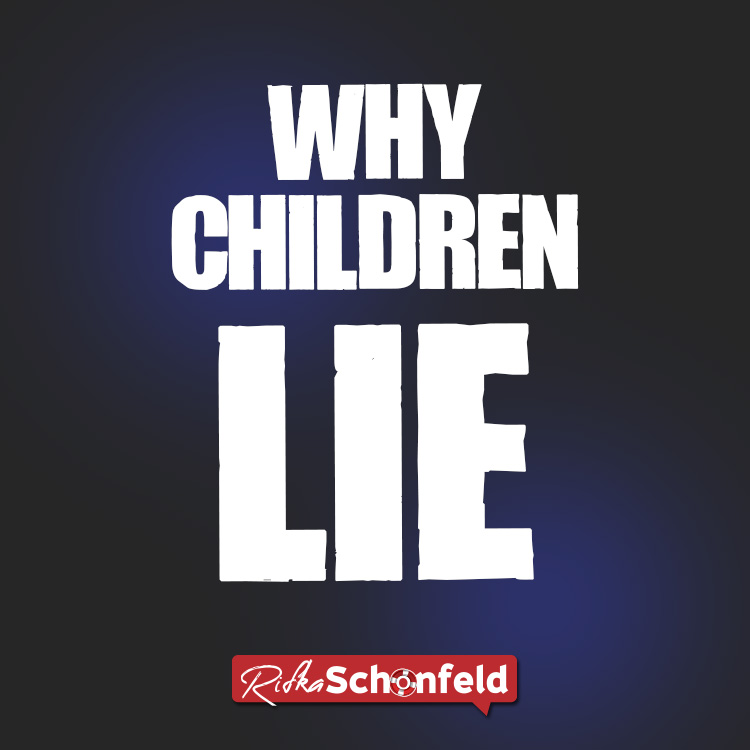Why Kids Lie…
- rifkaschonfeld
- August 10, 2020
- 0 Comments

Why Kids Lie…
“Yesterday, we went to the playground and ate ice cream. Then the unicorns came and did a dance around us and disappeared.”
“He hit me first!”
“My best friend Joe has a huge tractor and sometimes his father drives it around their backyard with us in it.”
“I already did all of my homework. My teacher is not telling the truth.”
Children sometimes tell lies – whether those “untruths” are harmless or harmful. But, why do children lie?
- Testing the waters. Children will occasionally lie to understand how parents feel about a certain issue. Rather than asking about it, they will share something to see what their parents’ reaction is.
- Self-esteem. Children will say that they did something great in order to build themselves up. Perhaps they are feeling low, so imagining that they won a contest in school helps build their self-esteem.
- Impulse. Children with impulse control issues, especially those with ADHD, will sometimes speak without thinking. Then, once the lie is out – they don’t know how to backtrack in order to right the wrong.
- Attention seeking. Children will sometimes tell a lie simply to get attention from the adults around them. This attention may be negative or positive, but if the child is seeking attention, he or she often does not care whether the reaction will be negative.
What should we do about lying, if anything? As we can see above, there are different types of lies (some more severe than others) and different reasons that children lie. If a child tells a lie that is dangerous, that lie needs to be addressed immediately. On the other hand, if a child tells a lie that is imaginative and does not affect others, it may not warrant a reprimand or even a conversation. In other words, there are multiple levels to lies and our responses need to be tailored to the situation. Is it okay to lie? Never, but not every lie should be treated with the same concern or alarm.

